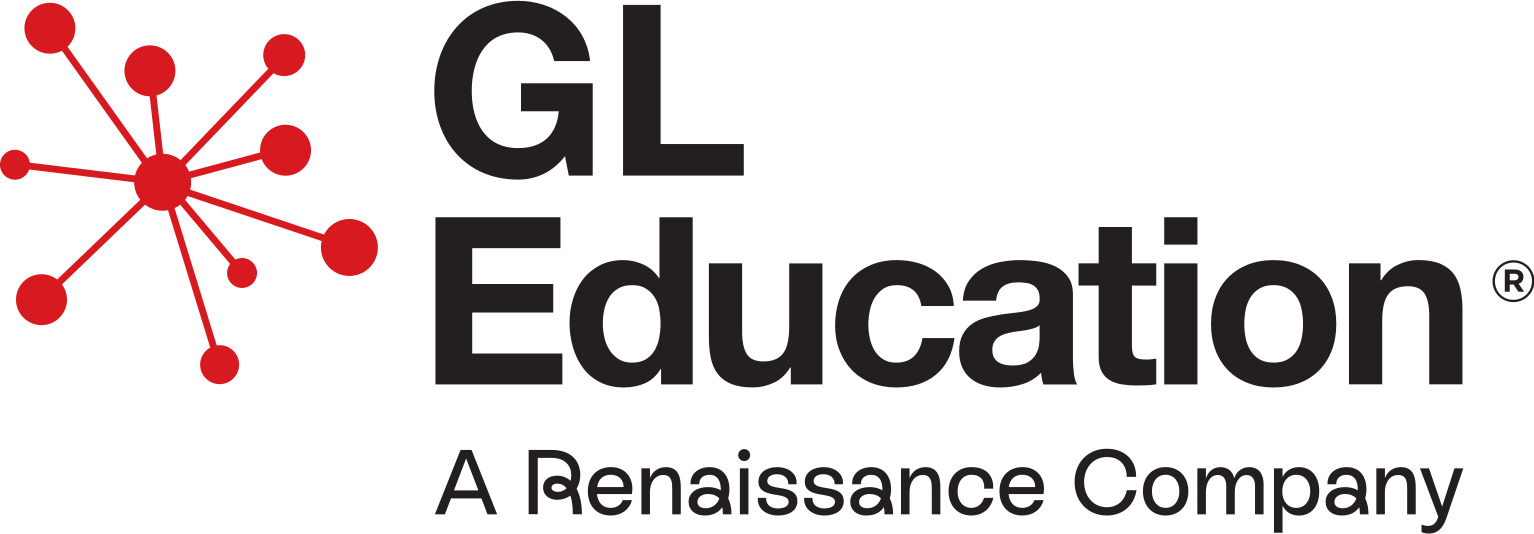Using PASS to support ethnic minority students across Wales
In order to improve the future employment prospects of ethnic minority children and young people in Wales, nine local authorities participated in the innovative Minority Ethnic Language and Achievement Project (MELAP), which was part-funded by the European Social Fund, through the Welsh Government. The project used the Pupil Attitudes to Self and School (PASS) attitudinal survey to support the students and gain distinctive insights into this diverse group.
With a large and increasing number of children living in Wales who speak English as an additional language, the Welsh Government decided to run this 3-year project that would focus on the particular needs of ethnic minority children. The project concluded in August 2013 and helped more than 2000 11- to 19-year-old EAL students. “At its core, MELAP’s objective was to raise attainment, wellbeing and positive employment opportunities in a group of children who were at risk of becoming vulnerable,” explains David Sargent, then Senior European project manager at the Department for Education and Skills responsible for managing MELAP. “Our hard targets included the number of children the project supported and the extra qualifications they will achieve in mainstream schools, such as a GCSE in their home language. However, we also wanted to measure the ‘softer’ outcomes to provide tangible evidence of the effectiveness of our work.”
To benchmark and track the progress accurately, the students were surveyed twice a year using PASS. This attitudinal survey helped build a complete picture of a student’s motivations, aspirations and anxieties, and allowed early and effective interventions to be put in place should there be a low score in any factor.
PASS in Pembrokeshire
Annette Thomas, Minority Ethnic Language and Achievement Service team leader and the MELAP project manager for Pembrokeshire County Council explains how using PASS supported ethnic minority students to achieve their full potential in education.
“Our objective was to increase the capacity of schools to meet the needs of students who, as a group, speak 47 different languages. We know how important wellbeing is when it comes to achievement, as does Estyn, which points out, ‘Mental, physical and emotional wellbeing is an essential pre-condition for successful learning’.3
Many of our ethnic minority students are bright students but we do need to be aware of the challenges they face when learning through an additional language. Using a tool like PASS reflects how the children are feeling. We were already tracking our students’ progress, carrying out pupil and teacher questionnaires and analysing academic achievement, but PASS adds a certain depth to our knowledge about students.
As well as being able to identify and support students’ needs, it kick-started very valuable conversations with the children. Whether the issue was to do with language, personal issues or academic learning, the child really wanted to talk and as a result of these conversations, we were able to support the pupil more effectively.”
3 Estyn (2010). A self-evaluation manual for non-maintained settings. Cardiff: Estyn. p.9.
The language barriers meant some students did not understand what the teacher was saying and so lacked confidence in their own ability to learn or to ask questions.
Focussing on the individual
Using PASS opened up dialogue which otherwise might not have been initiated. The Local Authority found PASS particularly useful in identifying those who were doing well academically, but whose low selfesteem was affecting their confidence in their ability to learn. Annette Thomas adds:
“The results flagged up a boy who was doing well on the surface but was experiencing anxiety about exams. We had no idea as his results in class were good, but he was really quite worked up about his ability to take exams and needed support to build his confidence. PASS helped us to intervene by introducing additional study skills classes.”
Low scores for self-regard, response to the curriculum and learner confidence were identified amongst some of the EAL students. “This was particularly highlighted amongst students with poor communication skills,” says Annette, and continues:
The project has allowed us to reach out to many additional students and to learn more about the issues that they face so that we can work more effectively with our schools.
“The language barriers meant some students did not understand what the teacher was saying and so lacked confidence in their own ability to learn or to ask questions. Having English as an additional language can affect a student’s confidence in their ability to learn. Just one unfamiliar word in an exam can throw them out – one very mathematically-minded girl was thrown totally off course by vocabulary in a maths question. It asked about ‘soft-centred’ sweets and she didn’t know what these were. Now, after conversations with staff, we can help EAL students prepare earlier and more thoroughly for their exams.
The project has allowed us to reach out to many additional students and to learn more about the issues that they face so that we can work more effectively with our schools.
Using tools like PASS in some instances has helped us to match interventions such as translation and interpretation services, help with extending vocabulary or organising more clubs. We’re able to nip issues in the bud and stay one step ahead, which means no one slips through the net.”
Was this useful?
Our priority is to ensure you have the information you need to get the best from our products, and would like to know if this page helped you find what you needed?

